Organizational Behaviour Report: Fiona's Leadership Impact at XYZ
VerifiedAdded on 2021/02/19
|6
|829
|37
Report
AI Summary
This report examines the impact of Fiona's leadership on the organizational behavior of XYZ Training Consultants, a Malaysia-based company. The analysis focuses on the shift from an open and transparent management style under Fiona's father to a more structured and hierarchical approach implemented by Fiona. The report identifies several ethical issues, including favoritism and a toxic workplace culture, which led to high employee turnover. Social concerns, such as employee isolation due to changes in office structure and the elimination of regular meetings, are also discussed. Furthermore, the report highlights cultural problems, including top-down communication and over-supervision by department heads, contributing to a negative work environment and decreased employee morale. The study concludes that Fiona's autocratic leadership style was unsuitable for the company, leading to reduced effectiveness and various negative consequences for the organization and its employees, as referenced by Kitchin (2017), Burrell and Morgan (2017), and Chinomona and Dhurup (2016).
1 out of 6
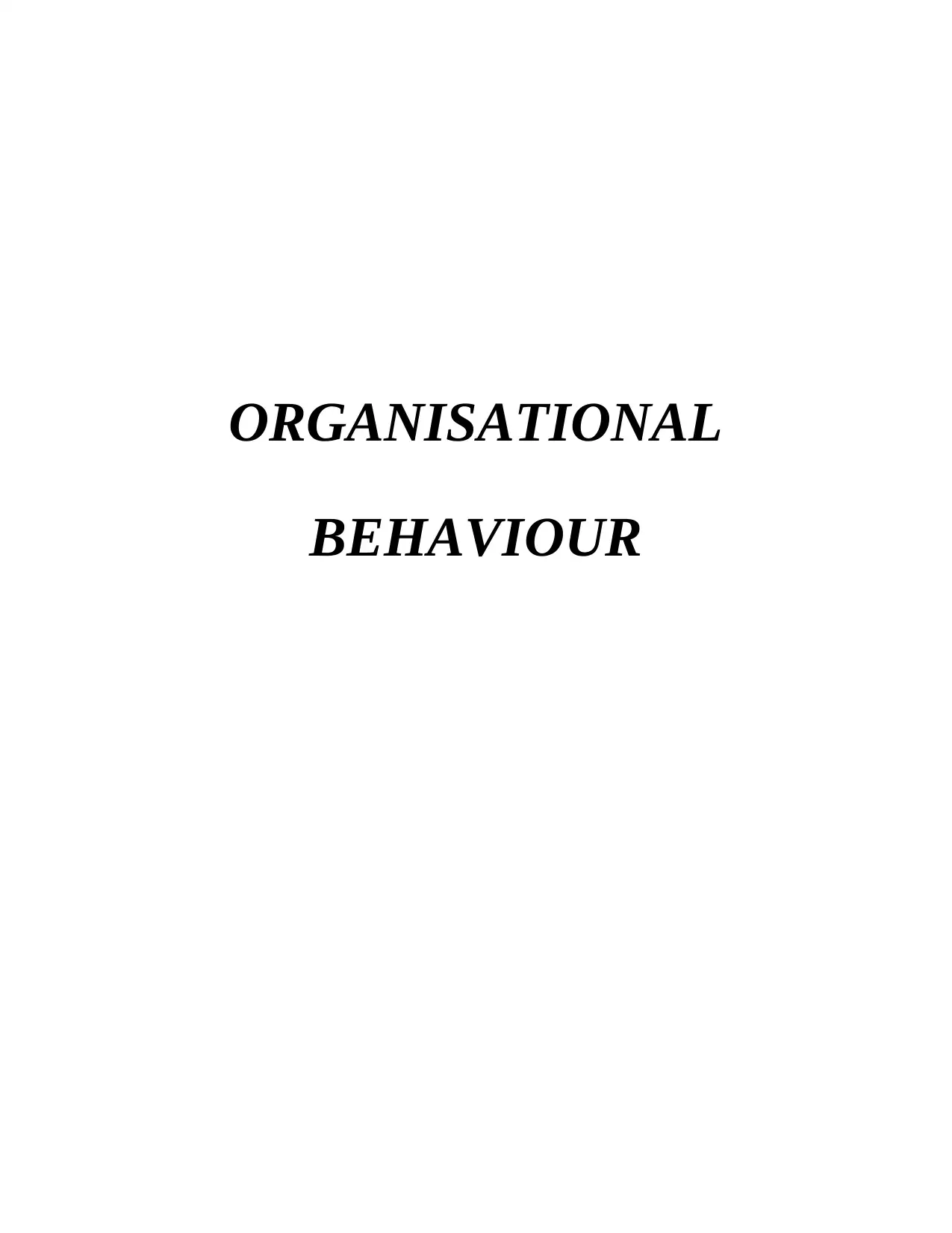
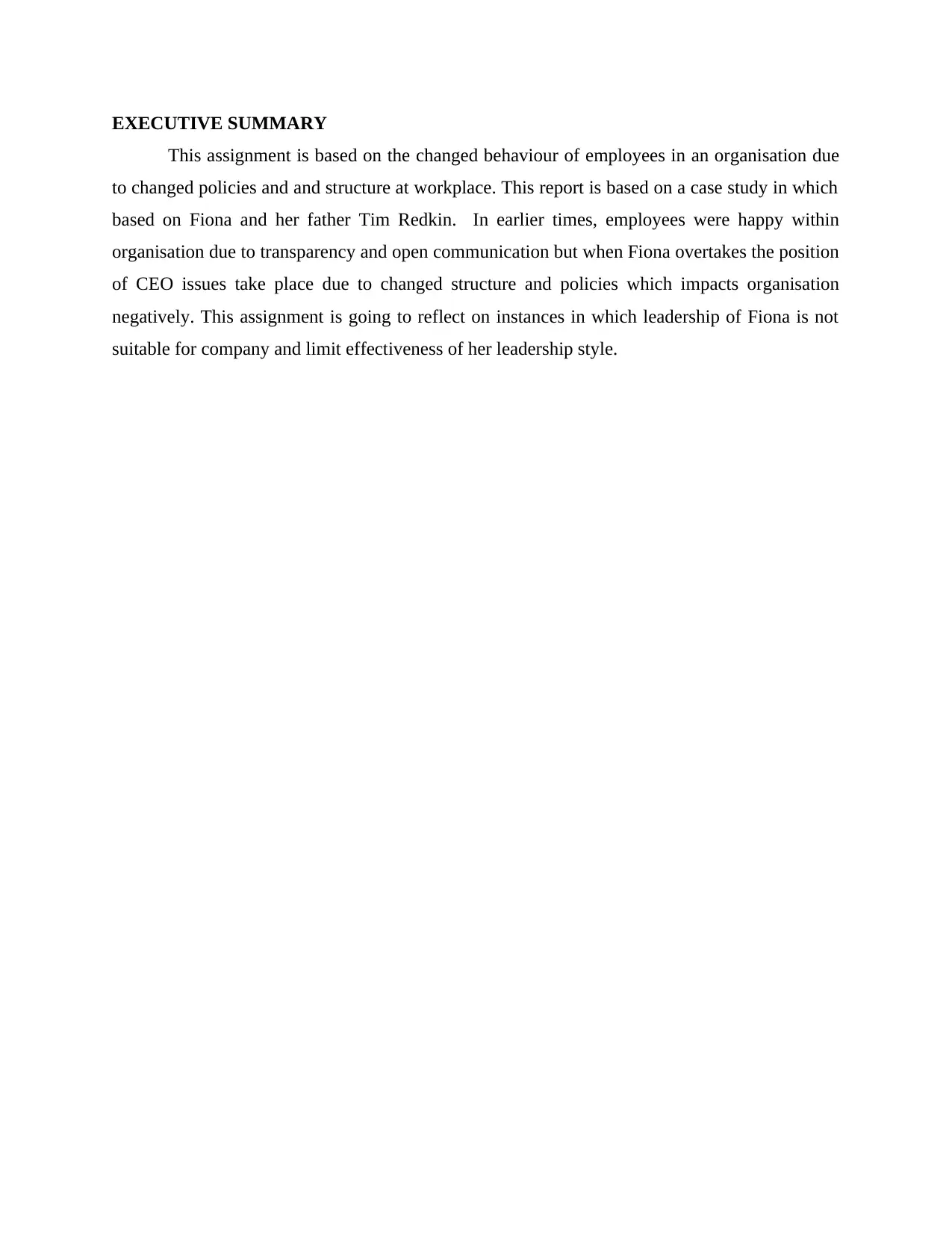
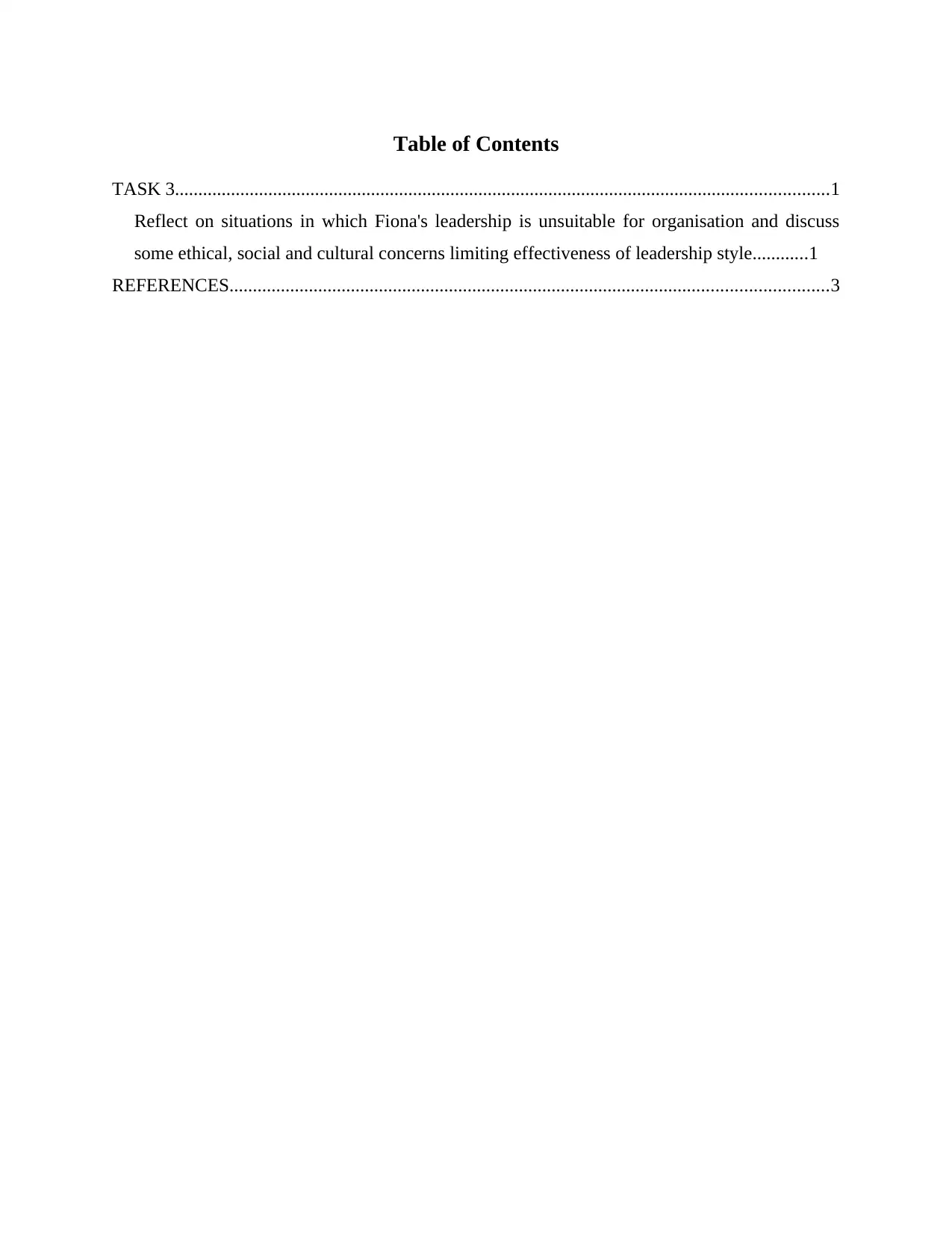

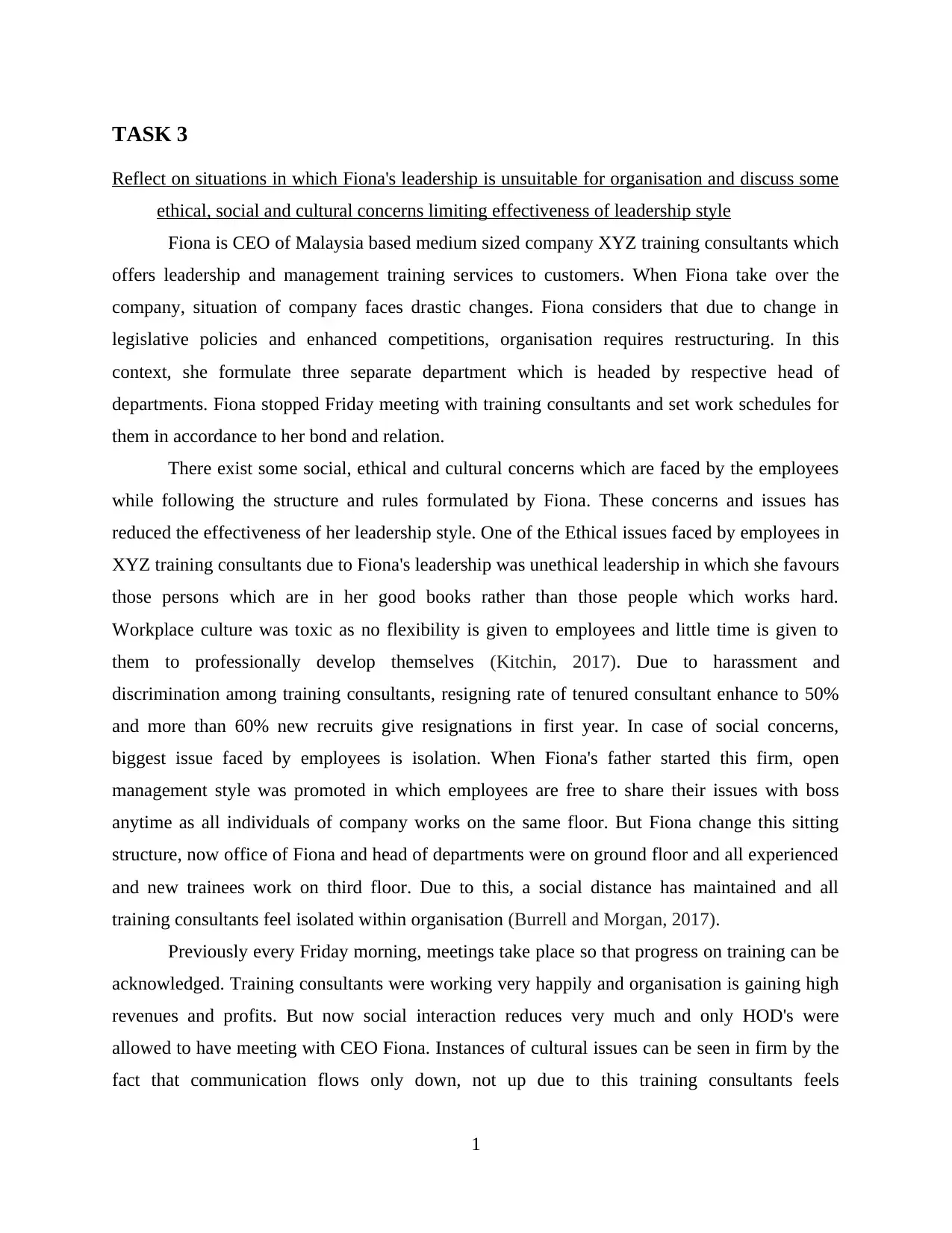
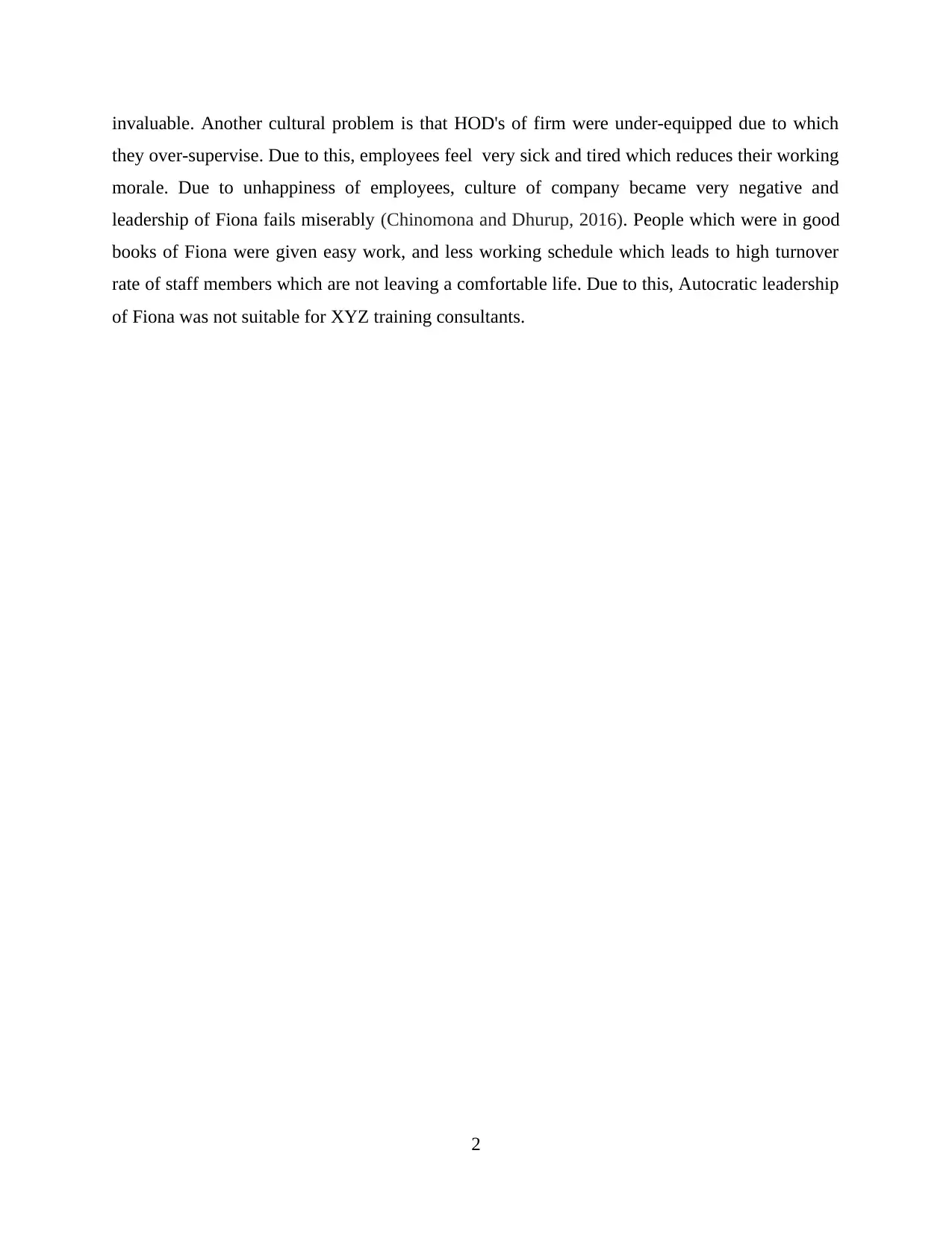
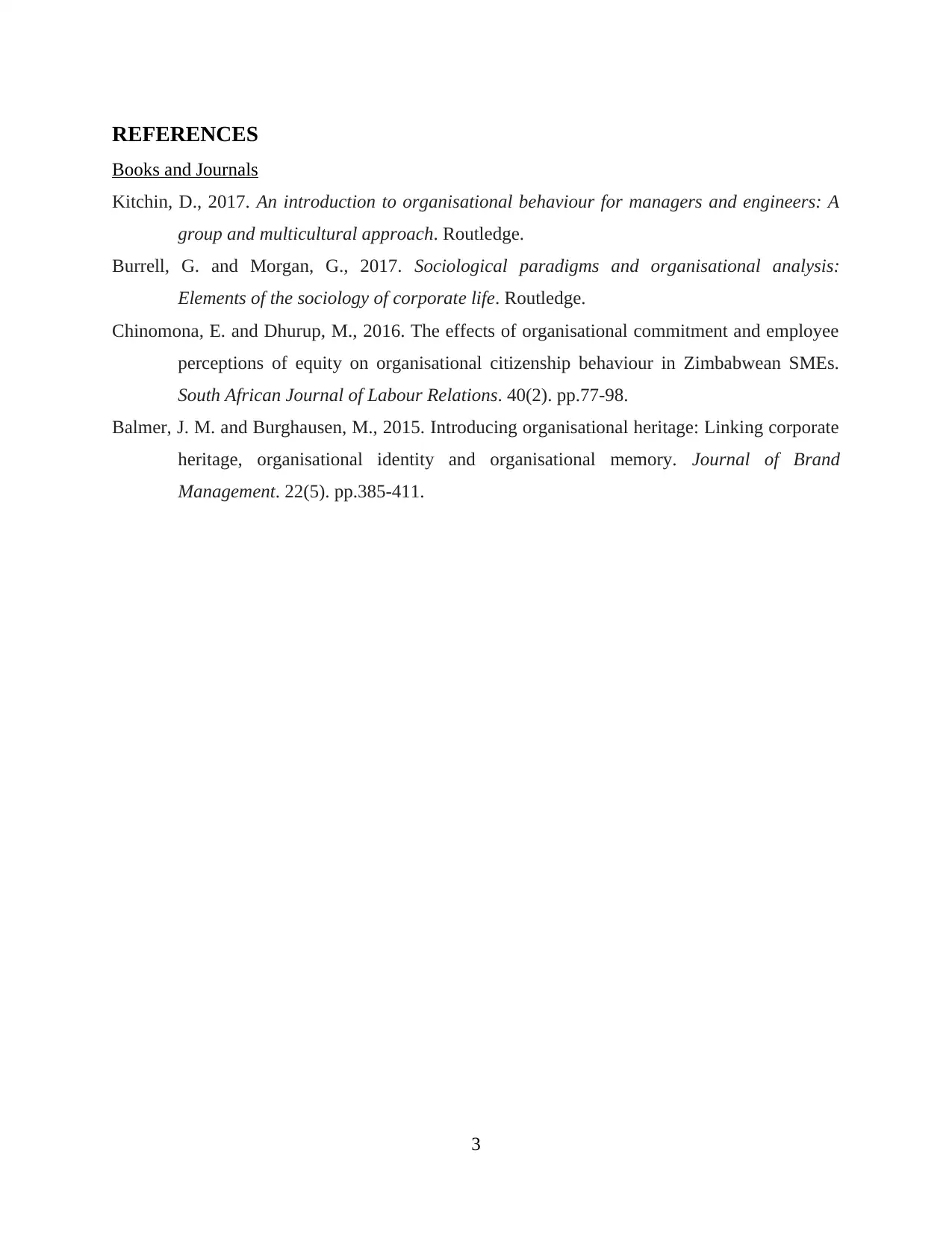






![[object Object]](/_next/static/media/star-bottom.7253800d.svg)